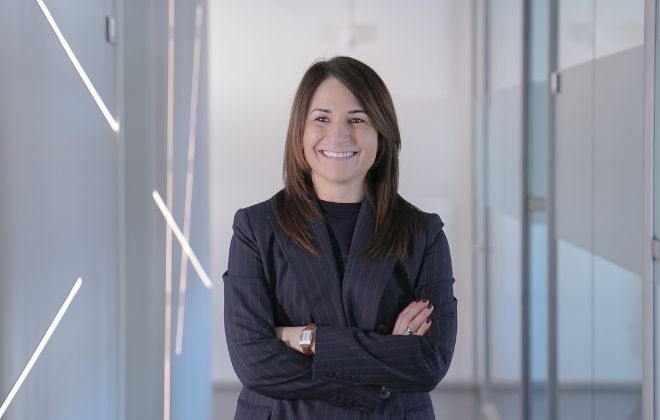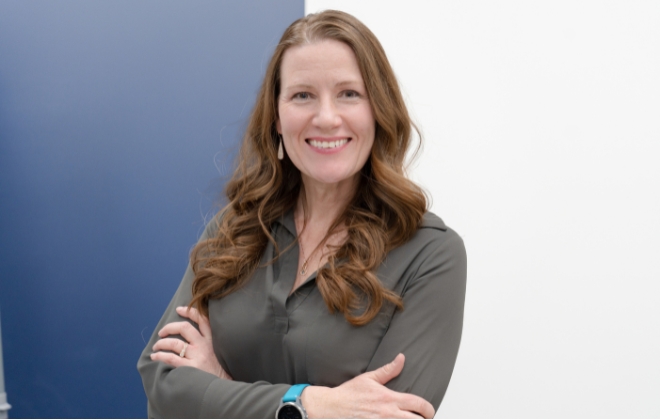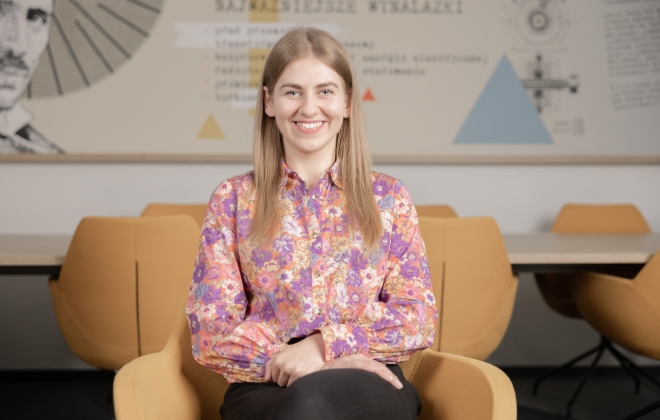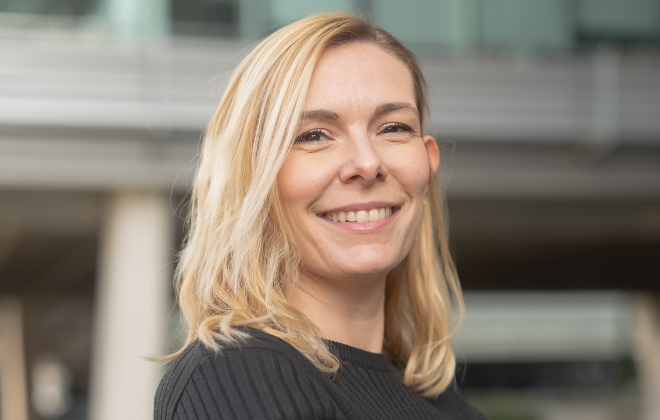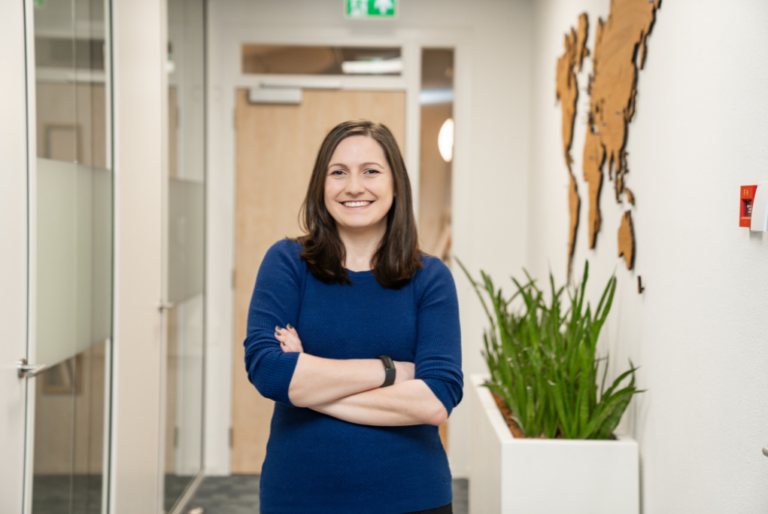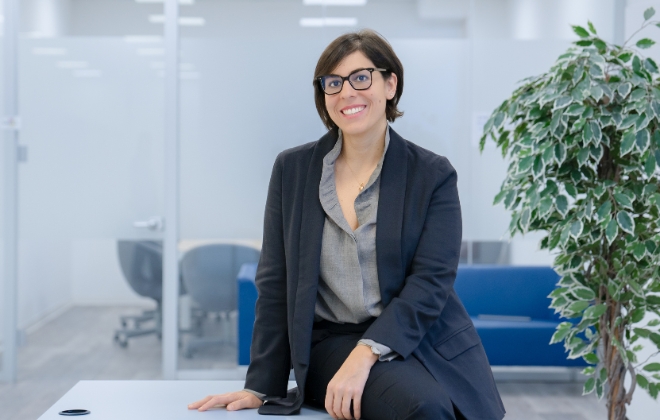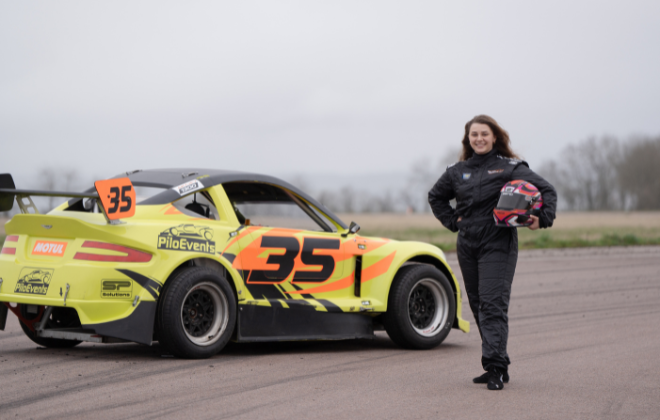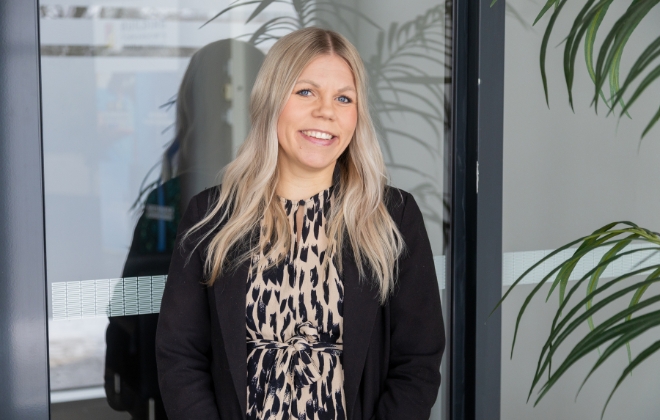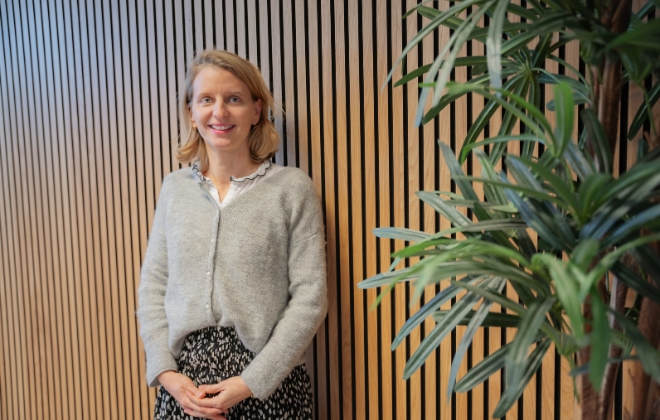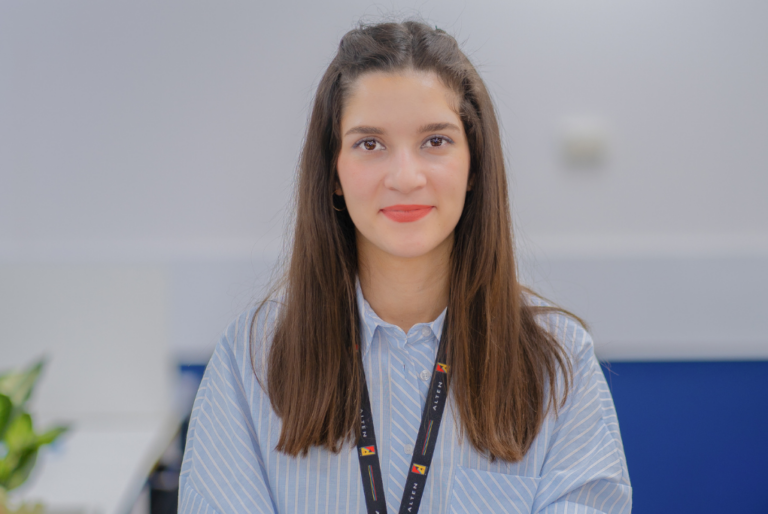Stories of Women in Engineering – Erika Kotrotsou
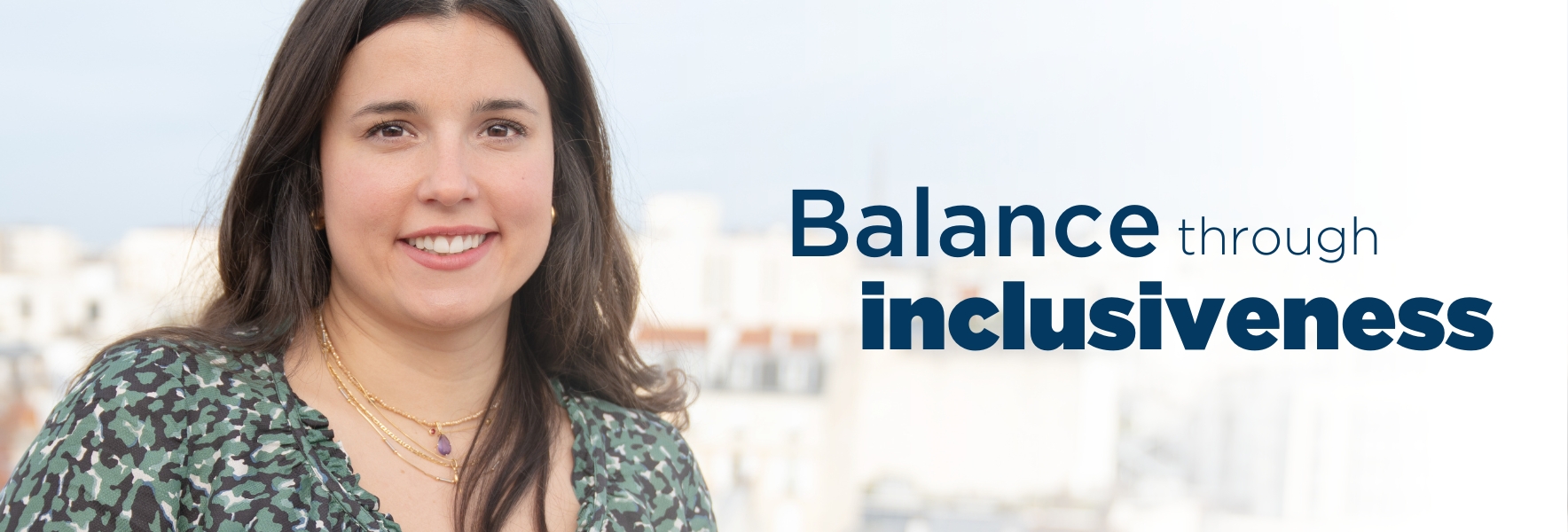
Interview with Erika Kotrotsou
My name is Erika Kotrotsou and I am a Project Leader at ALTEN, France.
I come from Greece and I did my undergraduate studies in electrical engineering and computer sciences at the National Technical University of Athens. Following this, I continued my studies in France at the Grenoble Institute of Technology. After obtaining my master’s degree, I joined ALTEN as an embedded software engineer working on a project for the STELLANTIS group; the main objective was to develop the software for the central electronic control unit of their vehicles. Gradually, I took on increasing responsibility and now I am the Project Leader.
Could you describe your role and responsibilities?
My role consists in coordinating the activities of the team and ensuring that the project is completed within the defined scope, budget and timeline. Our team consists of around 40 engineers located in France, Morocco and India. I maintain frequent communication with the team members and implement incentives to keep them motivated. I also work closely with ALTEN’s technical direction to establish team objectives. Additionally, I contribute to ALTEN’s continuing development by seeking new opportunities for our group.
How did you develop your interest in engineering? What factors influenced your decision to pursue a career in this field?
My journey into engineering began with a genuine curiosity about how things work and a passion for problem-solving. Growing up, I was always drawn to science and math. I enjoyed tinkering with electronics and understanding the principles behind various technologies. Witnessing the advancements and innovations in the automotive industry fueled my desire to be part of this dynamic field.
What are the main skills you need to carry out your projects?
Being a successful project manager requires navigating the complexities of project planning, execution, and completion. For this you need a diverse set of soft and hard skills. This includes communication skills, to convey information clearly and effectively to team members and stakeholders; organizational skills, to create detailed project plans, allocate resources efficiently, and track progress against milestones; problem solving skills, to identify issues, analyze their root causes, and implement solutions to keep the project on course; adaptability, to make necessary adjustments to the project plan; and of course, technical knowledge, in particular because a basic understanding of all of the technical aspects of the project can help in effective communication.
How do you balance technical expertise with the ability to inspire and motivate your team?
I see this as a crucial aspect of effective leadership. In order to balance technical expertise with the ability to inspire and motivate a team it is important to clearly communicate technical concepts in a way that is accessible to all team members, regardless of their level of expertise. Furthermore, you need to recognize the diverse strengths of the team members and assign tasks that align with their skills.

What role has ALTEN played in your professional development? How has the company supported your growth and advancement in your career?
In ALTEN I found a supportive environment that enhanced my evolution within my career, including the opportunity to grow within the company structure. Together with my manager, we developed a clear career path tailored to my skills and ambitions. Training opportunities and a mentorship program continue to help me develop my skillset and knowledge. Regular performance evaluations and the constructive feedback provided give me the chance to better understand my strengths and weaknesses, and to work on them. Last but not least, knowing that ALTEN is a company that recognizes and rewards my performance encourages me to strive for excellence.
What are your career goals? Do you see your expertise and experience contributing to the advancement of engineering?
My career goals center on advancing my project management practices and potentially transitioning into senior project management positions where I can influence and lead strategic initiatives. In particular, I would like to explore strategies that harness the strengths of multicultural teams. By actively promoting cross-cultural collaboration, I aim to enhance the overall effectiveness and success of our teams.
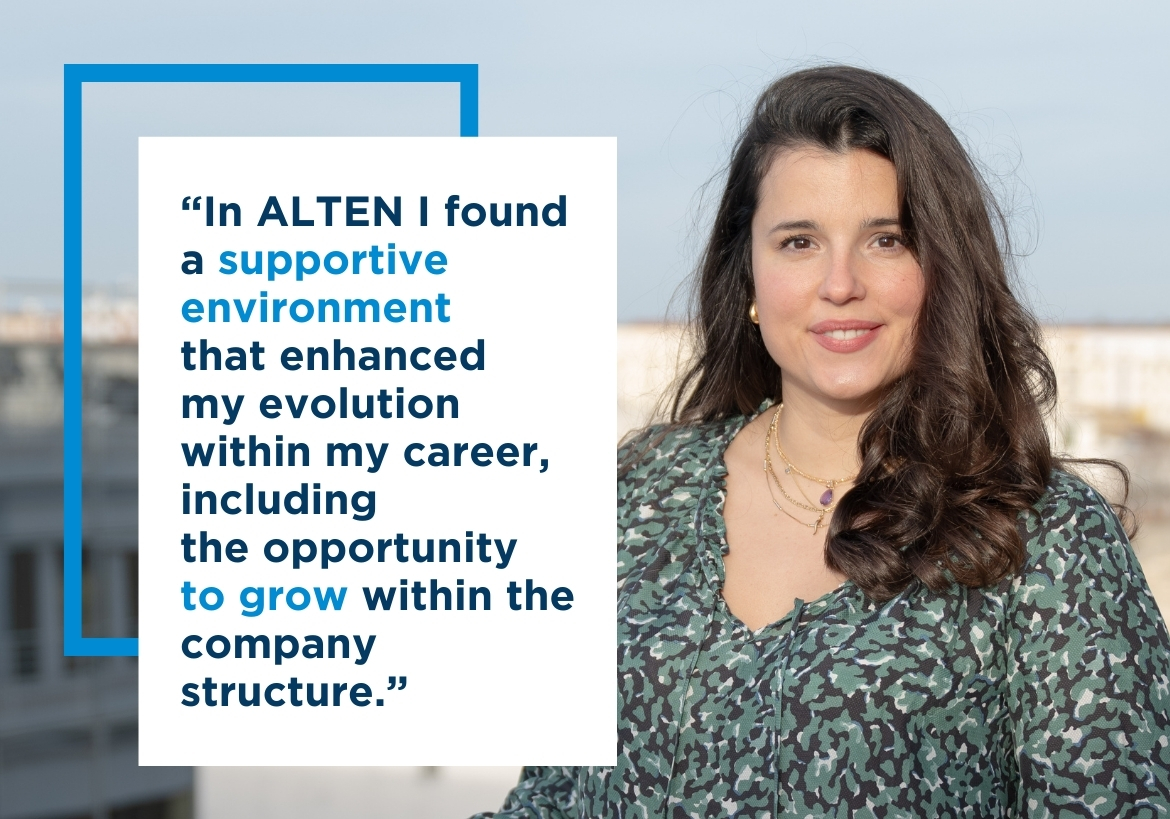
As a woman in engineering, what challenges have you faced in navigating a male-dominated industry?
Despite the great efforts made toward gender equality over the past century, there are still a number of arenas where women are underrepresented in the workforce; the automotive industry is one of those. Entering a field where women are underrepresented can be very challenging, especially in the beginning. Certainly, gender stereotypes and biases exist but we need to work together to break them down. We need to do is to set clear boundaries in order to build a healthier work environment and keep a positive mindset. I believe that everyone can claim their place in the professional world no matter their gender, as long as they are well qualified. By encouraging inclusivity and equal opportunity we can create a more dynamic and balanced engineering workforce.
Which emerging technologies and trends will have the greatest impact on future engineering projects?
There are several emerging technologies and trends that are expected to have a significant impact on the automotive industry. In the case of electric and autonomous vehicles, engineers will need to focus on developing advanced electric propulsion systems, battery technologies, and autonomous driving technologies. Connected vehicles – vehicles that can communicate with each other (V2V) and with infrastructure (V2I) – are becoming more prevalent. Technologies that can enhance connectivity, improve traffic management, and contribute to overall road safety will be essential. The implementation of 5G networks to enable faster and more reliable communication between vehicles and infrastructure is crucial for the development of both connected and autonomous vehicles. Advanced driver assistance systems (ADAS) – such as adaptive cruise control, lane-keeping assistance, and automatic emergency braking – are also increasingly common. Engineers will need to continue to refine and expand these systems for improved safety and performance.
How can we encourage more women to pursue engineering education and careers?
To encourage more women to pursue engineering careers we need to address various aspects, including societal perceptions, educational opportunities, and workplace environments. Introducing girls to science, technology, engineering, and mathematics at an early age can help. Advocating for equal opportunity in hiring and promotion within engineering organizations, encouraging employers to adopt inclusive recruitment practices and policies, is also important. It’s essential to establish safe spaces within educational institutions and workplaces, where women can express their concerns, seek advice, and share experiences without fear of judgment. Finally, sharing success stories of women who have excelled in engineering can serve as inspiration and demonstrate the diverse paths and achievements possible in the field.
Write the story with us!



